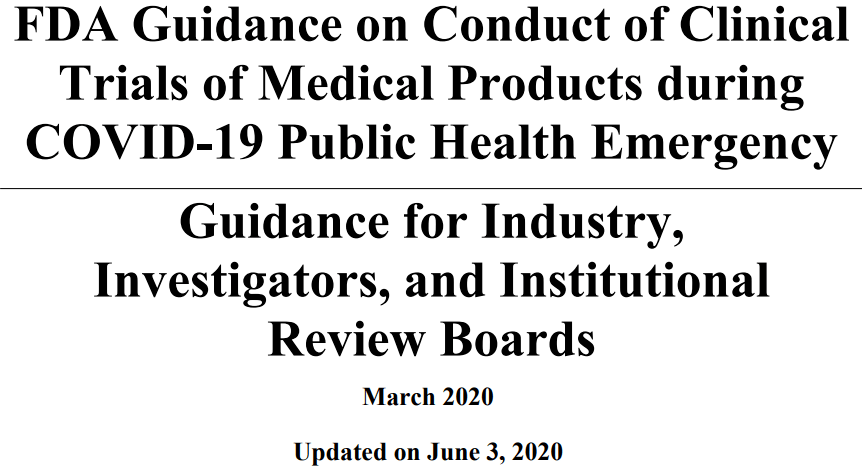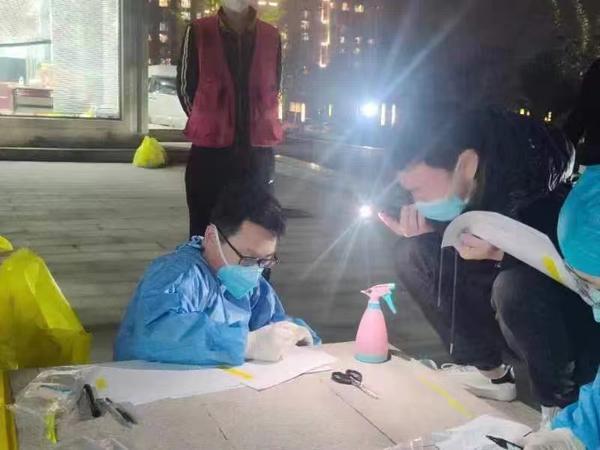COVID-19 Pandemic: A Comprehensive English Series Exploring Its Impact, Responses, and Lessons Learned
In the annals of global health crises, the COVID-19 pandemic stands as a unique and unprecedented event that has reshaped our world in ways both profound and immediate. Since its first reported case in December 2019, the novel coronavirus, later named SARS-CoV-2, has spread across continents, disrupting economies, altering daily life routines, and testing the resilience of healthcare systems worldwide. This English series aims to delve into the intricacies of the COVID-19 pandemic, examining its origins, the global response, the impact on various sectors, and the lessons we must learn to better prepare for future pandemics.
1. The Origins of the Pandemic: A Mystery Unfolding
The exact origins of SARS-CoV-2 remain a subject of intense scientific investigation, with multiple theories circulating. Initial reports linked the virus to a seafood market in Wuhan, China, though subsequent studies have suggested a more complex transmission chain, possibly involving multiple animal-to-human jumps. The World Health Organization (WHO) and other international bodies continue to monitor and analyze data, emphasizing the importance of transparency and collaboration in unraveling the truth. This episode underscores the need for enhanced surveillance systems and one health approach in preventing future zoonotic disease outbreaks.
2. The Global Response: A Test of Cooperation and Solidarity
The COVID-19 pandemic exposed the world's vulnerabilities and prompted an unprecedented global response. Countries implemented travel restrictions, lockdown measures, and contact tracing to slow the spread. The WHO declared a public health emergency of international concern in January 2020, followed by a global pandemic in March, triggering a flurry of actions from governments, international organizations, and private sectors. Vaccine development and distribution became a global priority, with multiple candidates racing through clinical trials at an unprecedented pace. The global effort to produce and distribute vaccines, though marred by challenges such as inequitable access and logistical hurdles, exemplifies the power of collective action.
3. Economic Impact: A Tale of Disruption and Recovery
The pandemic had a devastating impact on global economies, triggering the largest recession since the Great Depression. Businesses closed their doors, supply chains were disrupted, and unemployment skyrocketed. The service sector, particularly tourism, hospitality, and aviation, bore the brunt of the blow. However, the resilience of some economies and industries became evident as well. Digital transformation accelerated at an unprecedented rate, with e-commerce, remote work, and online education booming. Governments introduced stimulus packages and fiscal measures to cushion the impact and facilitate recovery. The pandemic has also highlighted the importance of a robust healthcare system and social safety nets in times of crisis.
4. Health Systems Under Pressure: Lessons for Resilience
The COVID-19 pandemic exposed the fragilities of many healthcare systems, particularly in low- and middle-income countries. Overwhelmed hospitals, shortages of personal protective equipment (PPE), and a lack of intensive care units (ICU) capacity led to tragic consequences. This crisis underscored the need for robust healthcare infrastructure, adequate funding for public health preparedness, and universal access to essential healthcare services. The pandemic also prompted a reevaluation of healthcare delivery models, with telemedicine emerging as a vital tool for maintaining services during times of crisis.
5. Mental Health in the Shadow of the Pandemic
The psychological toll of the pandemic cannot be overlooked. Isolation, anxiety, depression, and a sense of loss have affected individuals worldwide. The loss of loved ones, job insecurity, and the disruption of daily life took a heavy emotional toll. Mental health services were stretched to their limits, underscoring the importance of integrating mental health support into pandemic response plans. Societies must prioritize mental well-being as they navigate this new normal, recognizing that physical health is not separate from mental health in times of crisis.
6. The Role of Science and Innovation in Combating the Pandemic
Science and innovation have been at the forefront of our fight against COVID-19. From rapid genome sequencing to vaccine development, scientific advancements have played a crucial role in our understanding of the virus and our response strategies. The pandemic has also accelerated research in areas such as digital health technologies, contact tracing apps, and telemedicine. However, it has also highlighted the importance of ethical considerations in using new technologies, particularly in matters related to privacy and data sharing.
7. Lessons Learned: Building Back Better
As we grapple with the aftermath of the COVID-19 pandemic, several lessons emerge that can guide us towards building a more resilient future. Firstly, there is a need for global cooperation and solidarity in addressing health emergencies. Secondly, investing in public health infrastructure and preparedness is crucial to mitigate the impact of future pandemics. Thirdly, fostering a culture of scientific inquiry and innovation is paramount for addressing new challenges. Lastly, recognizing the interconnectedness between physical and mental health is essential for holistic well-being during times of crisis.
In conclusion,...












 京ICP备11000001号
京ICP备11000001号
发表评论